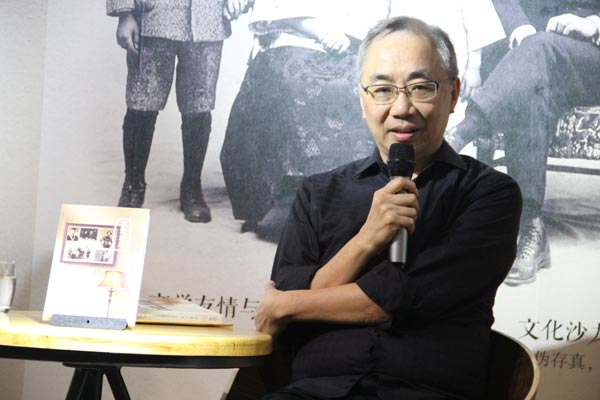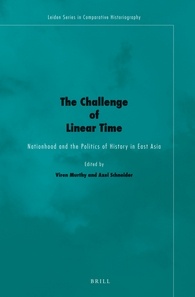Many thanks for this announcement, and congratulations on what seems to be a very important book, and tool. The video is very nice.
In the demo video, one can see an intriguing tab called WORDS — but it is not opened or explained. Does your dictionary have etymologies for words, or just samples of words where the character in question shows up?
And more broadly, may I ask, what do you recommend for the etymology of words? that is for ci, words, beyond characters, zi?
Of course, characters will always be tremendously interesting in themselves — but *word* etymologies are probably even more interesting for those of us in the social sciences, history, and humanities, beyond linguistics. The origins of the zi are perhaps above all interesting for specialists in the study of language and writing (and yes of course, for beginners who want to have some fun there, and find some help, or memory cues).
As for the historical etymologies of words as the units of the living language, maybe I have been missing something, but, so far, whenever looking for such Chinese etymologies I have mostly been going to good dictionaries such as Morohashi’s multivolume Chinese dictionary 大漢和辞典 / Dai Kan-Wa jiten, one of the bigger Chinese dictionaries which does offer a sea of words, and which does endeavor to offer up historical samplings for when and how words appear, on which basis one sort of can try to reconstruct one’s own word etymologies.
Yes, there is the ABC Etymological Dictionary of Old Chinese by Axel Schuessler, but it is best for the very ancient times — as is the 經傳釋詞 / Jing zhuan shi ci and other such Qing-era linguistics works that so often also were focused on the Ancients.
What about the many historical centuries since then!? — BTW, is it not an interesting question in itself why in China there are so very few etymological *word* dictionaries (those that seek to show when and where a word first came into use, and how it has been used in different centuries). (When such books do exist in Chinese, they are often limited to foreign loanwords into Chinese, — they rarely treat Chinese-Chinese words etymologically).
I don’t know how to answer this, or why, in contrast, etymologies emerged and have flourished in Europe and elsewhere. Possibly there are some answers in this book (which I just noticed when searching around to check I am not completely off the map): 詞源觀念史 / Ci yuan guan nian shi, by Yang Guangrong 楊光榮 (it seems to offer some theorization of etymology in Chinese, and of Qing philology).
–But could it be that in China, the burden of antiquity, = the idea, or better, the assumption, that there is an original correct meaning for words-as-characters, characters that are located in an original authentic antiquity, has such a powerful hold, that for most scholars, everything else and everything later is “derivative” = distorted-decayed, and therefore not really significant or worthy of study or compilation?
–Sincerely,
Magnus Fiskesjö <magnus.fiskesjo@cornell.edu>










